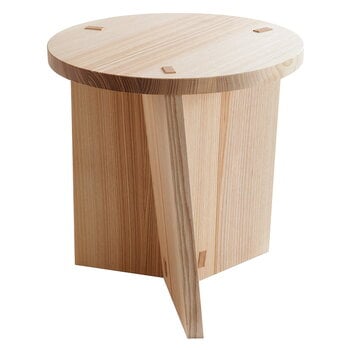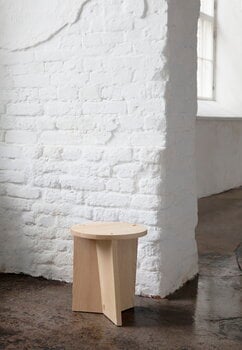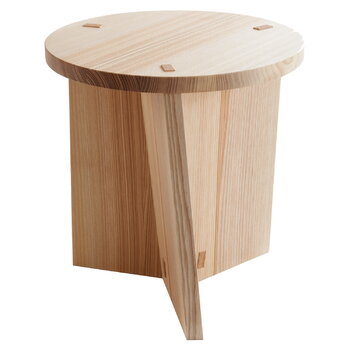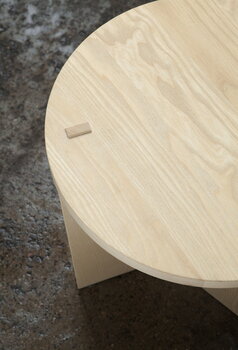
Claesson Koivisto Rune is one of the foremost design and architectural offices in Scandinavia. It was founded in Stockholm in 1995 by Mårten Claesson, Eero Koivisto and Ola Rune. Claesson Koivisto Rune started as an architectural office but is nowadays multi-disciplinary, concentrating on both architecture and design projects.
Amongst their commissions, there are houses such as the Sfera Building in Kyoto, interiors such as the Operakällaren gourmet restaurant in Stockholm, as well as designs for manufacturers such as Iittala, David Design and Cappellini. For Iittala, Claesson Koivisto Rune designed the Neo range. Neo is exceptionally distinguished, ergonomic and of lasting quality. The Neo pots have a unique ergonomic feature that also became the aesthetic feature. They have “open” handles that turn down with a slight outward angle. Claesson Koivisto Rune’s works have received numerous awards and they were the first Swedish architects ever to be exhibited in the international section of the Venice Architecture Biennale (2004).
View all products











